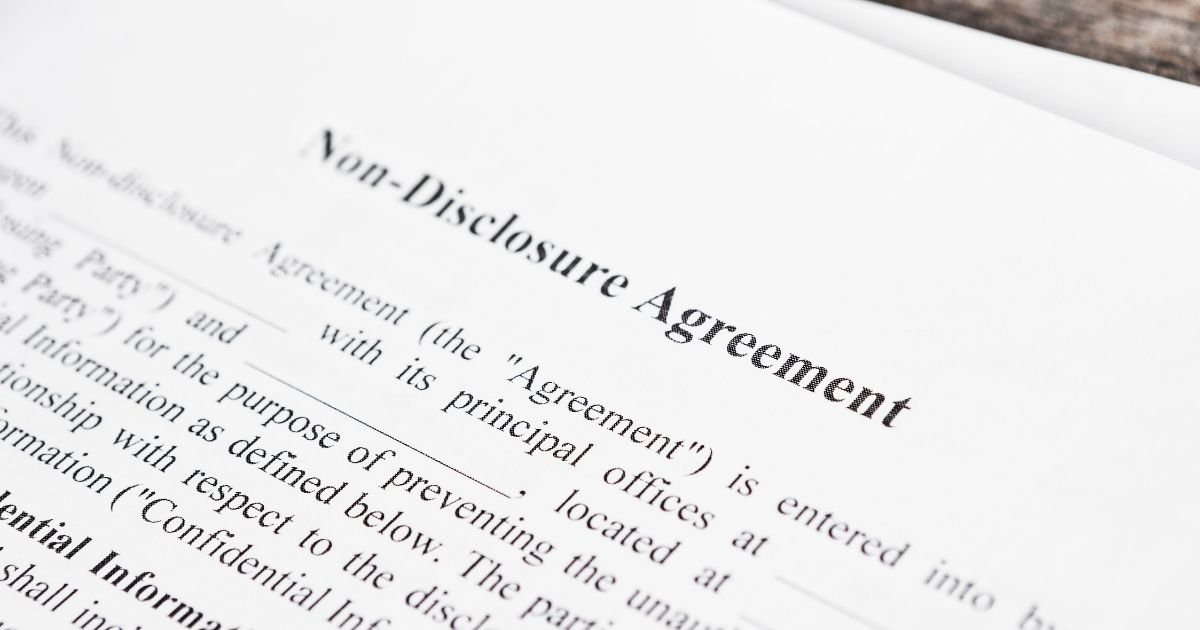Trade secrets are critical to a business’ value and long-term success. To remain competitive with similar businesses, it is imperative that a company keeps its trade secrets secure and hidden. However, what happens if that trade secret is leaked or stolen? Are trade secrets protected in court? Does the business have the right to sue should their trade secret get into the wrong hands?
Fortunately, both federal and state laws protect trade secrets. However, to be protected, a trade secret has to follow a specific definition. Furthermore, it depends on how the trade secret fell into the hands of the other party in order for it to be protected.
A trade secret is legally defined as any business information, whether it be a formula, recipe, device, program, or pattern, that has:
- Economic value because it is not known to the public.
- Would benefit those who cannot legitimately acquire it.
- The owner of the secret had taken reasonable steps to keep it secret.
Examples of trade secrets include:
- Formula of a soft drink.
- Recipe for cookies.
- Marketing strategies.
- Computer algorithms.
- Manufacturing techniques.
Unlike other intellectual properties like patents, copyrights, and trademarks, trade secrets are generally a “do-it-yourself” form of protection, meaning that you do not need to register it to secure it as a trade secret, it simply must be a secret. There are no statutory limits for the trade secret, and it is protected under the Economic Espionage Act of 1996 (EEA) and other federal laws, as long as it is kept confidential. However, once the trade secret is made public, it is no longer protected.
How to Secure a Trade Secret?
The owner of a trade secret can enforce rights against someone who steals confidential information by two ways: either by asking to issue an injunction or by collecting damages for any economic losses suffered.
Non-disclosure agreements (NDAs) are essential and commonly used by companies to protect trade secrets and prevent employees from sharing confidential information. Another form of an NDA is a non-compete agreement, which prohibits an employee from working for a competitor during a certain period following their employment.
There are several other ways to protect a trade secret. Many trade secrets are kept in a safe or at a bank. Companies limit access to specific information through cybersecurity protocols or other security measures.
It is important to note that if a person or business figures out a formula or recipe on their own, then it may not be considered theft. This could happen, for instance, if a chemist was able to crack the formula used in a specific energy drink. However, should your trade secret fall into the wrong hands, or you suspect foul play, it is in your best interest to seek a lawyer immediately.
Philadelphia Trade Secrets Attorneys at The Gold Law Firm P.C. Can Protect Your Business
If you believe your trade secret was leaked or stolen, then you should get legal representation as soon as possible. Speak with one of our Philadelphia trade secrets attorneys at The Gold Law Firm P.C. to learn more. Call us at 215-569-1999 or fill out our online form for a free consultation. Located in Philadelphia and Pennsauken, New Jersey, we serve clients throughout South Jersey and Southeastern Pennsylvania, including Wilkes-Barre, Scranton, Northeast Philadelphia, Bucks County, Chester County, Delaware County, Lehigh County, and Montgomery County.



































